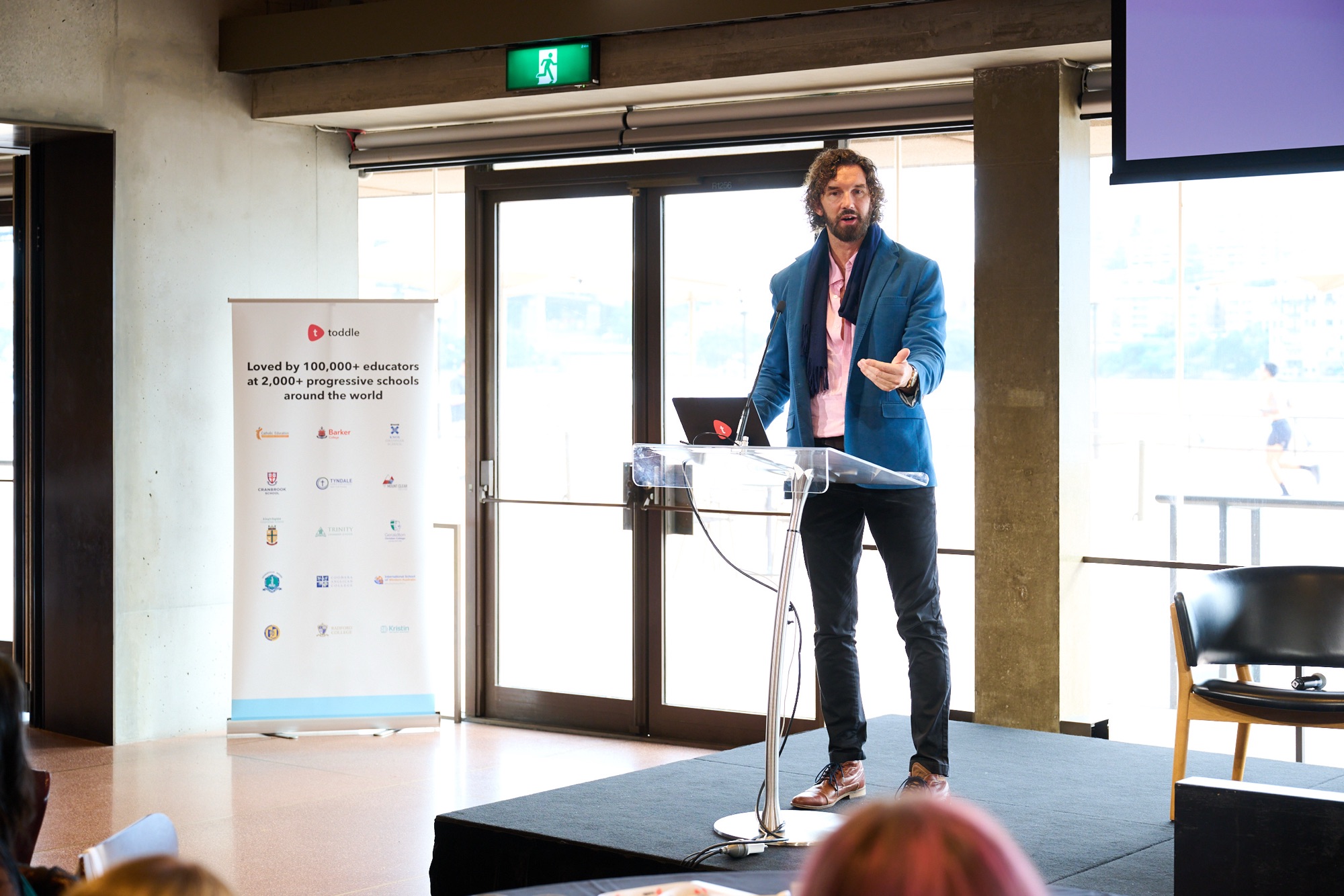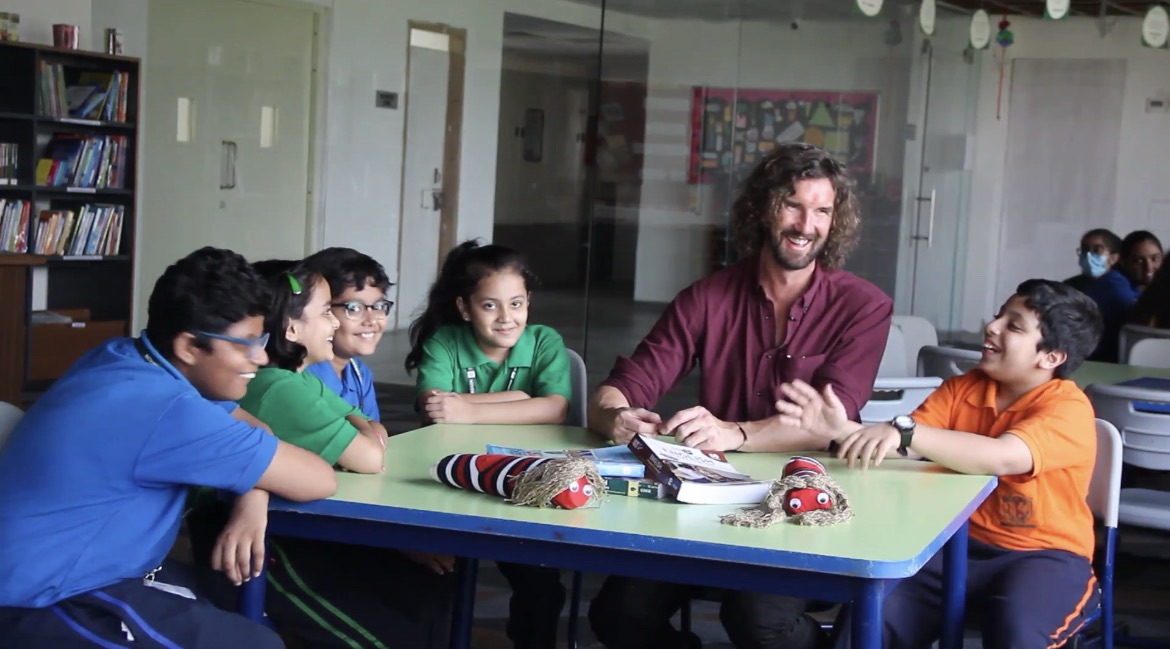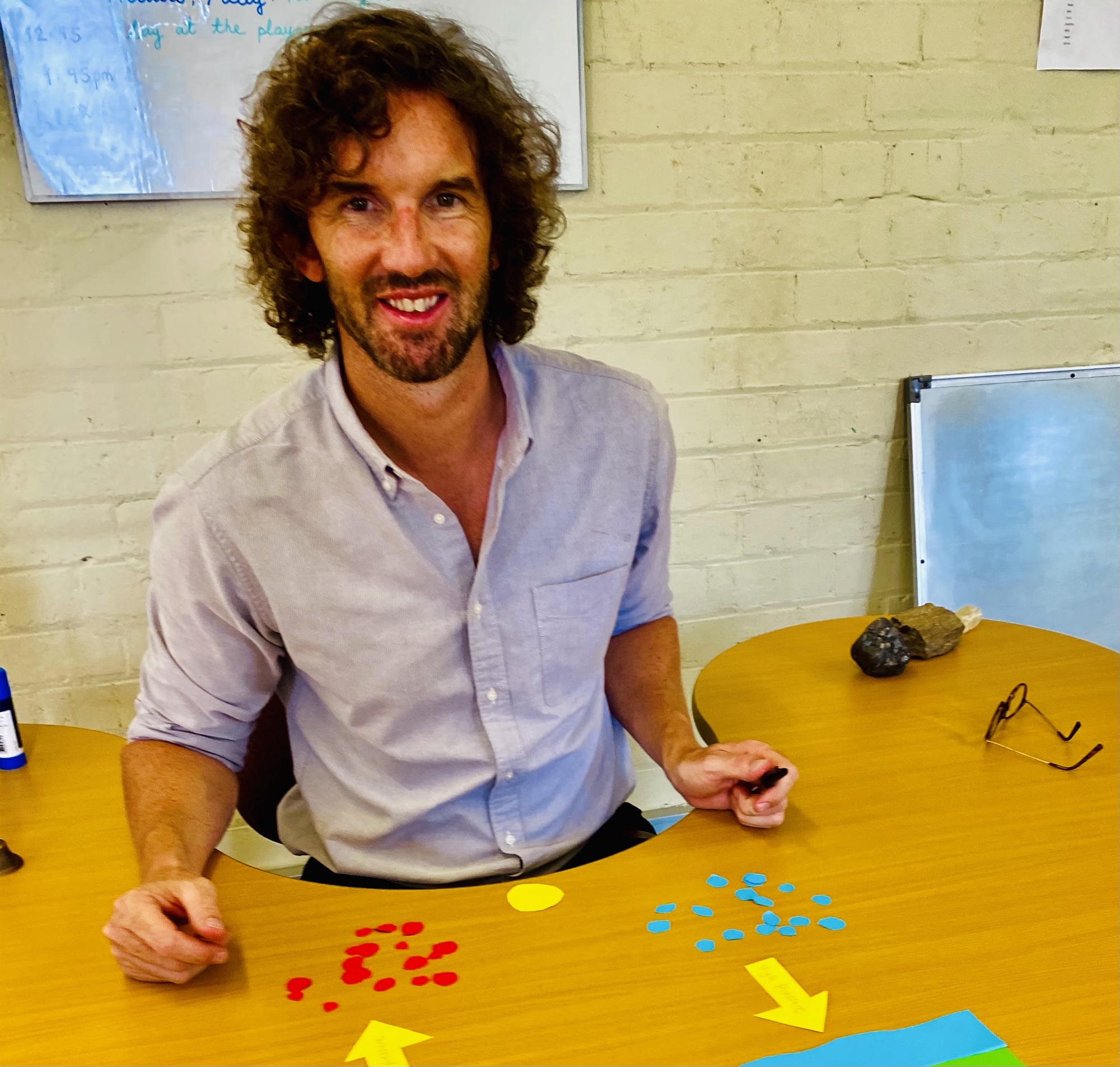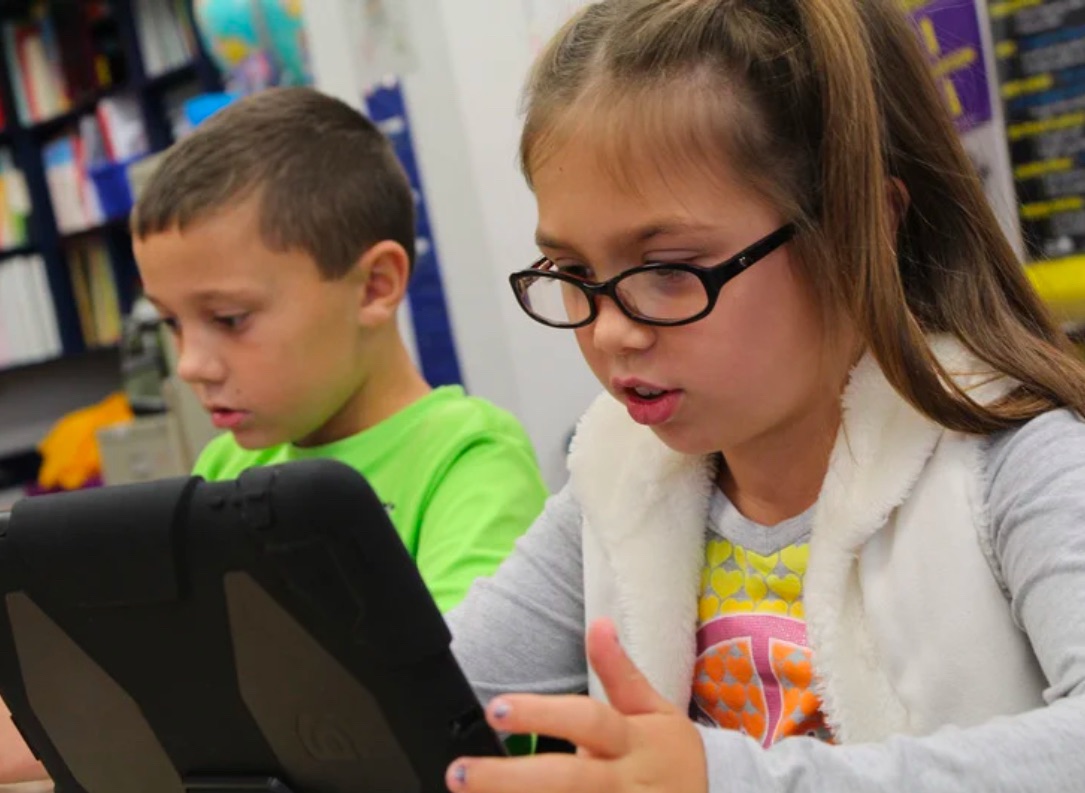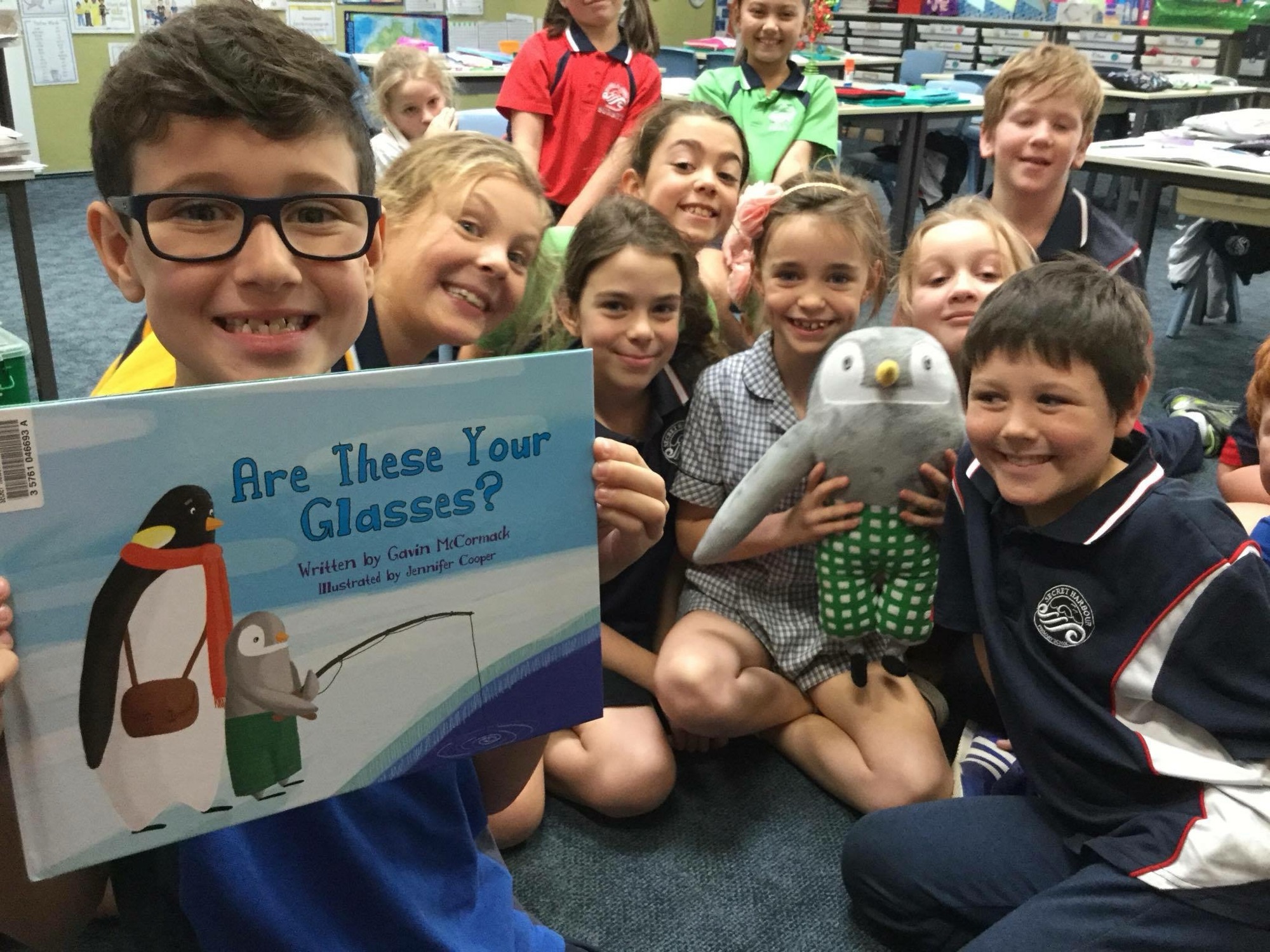Children are a product of their environment.
They are constantly watching, absorbing, and learning from the people they trust most — and there is no one they trust more deeply than their parents.
Inside every child’s brain, special cells called mirror neurons are at work. These neurons fire when a child sees someone else performing an action, allowing them to copy, mimic, and replicate behaviours almost automatically. In short, children are hardwired to learn not just by listening, but by watching and imitating the people they love and rely upon.
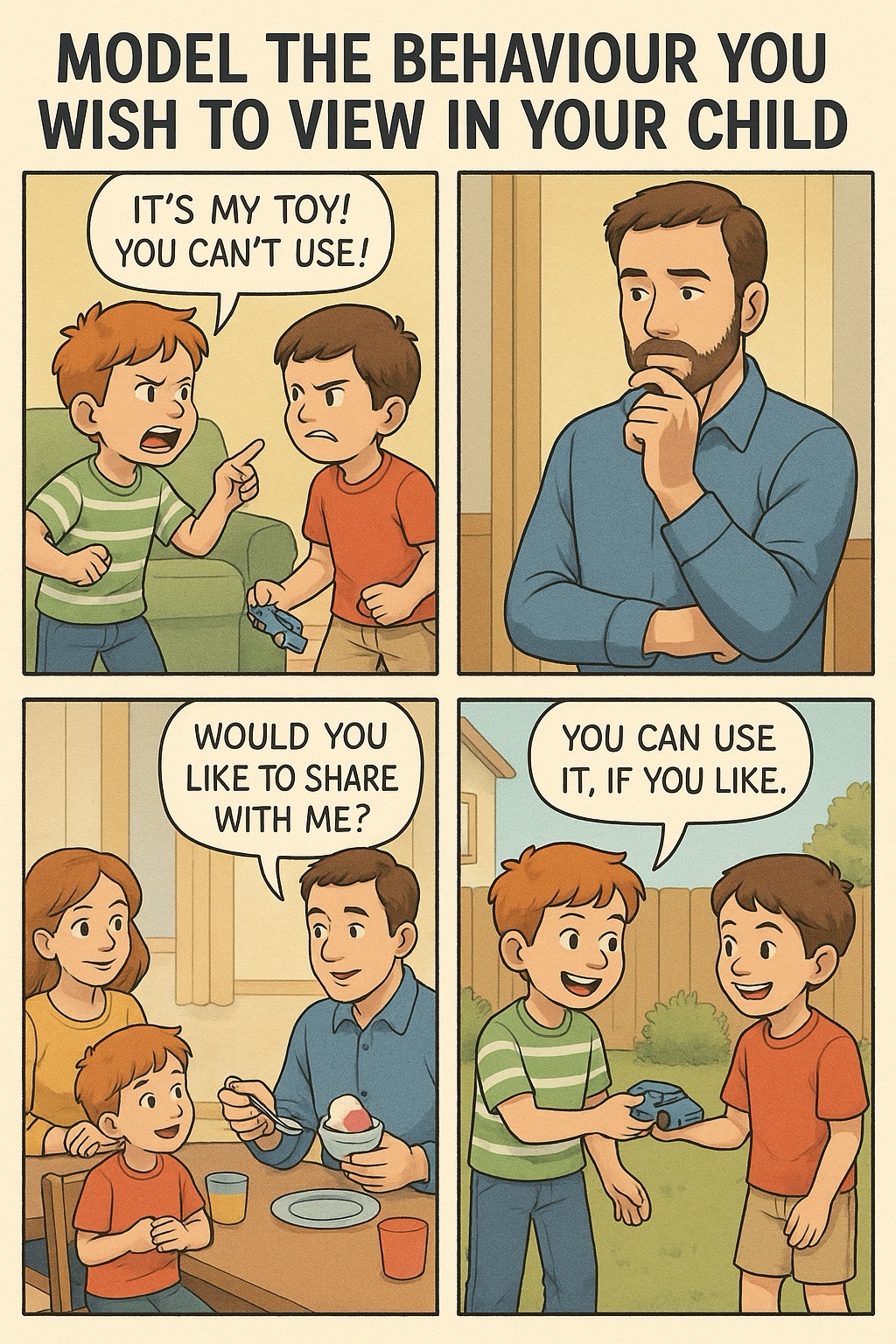
This biological blueprint has enormous implications for the way we parent, teach, and guide our children.
The Power of Unspoken Communication
It is a common misconception that what we say carries the most weight. In reality, research shows that only 7% of our communication comes from the actual words we use.
A staggering 55% comes from our body language, and 38% is conveyed through the tone of our voice.
What this means is simple yet profound:
What we say matters, but what we do matters ten times more.
Children are far less likely to respond to lectures or reminders than they are to the quiet, consistent modelling of behaviour by the adults around them.
If we want our children to be kind, we must show kindness.
If we want them to share, we must demonstrate generosity.
If we want them to be calm, respectful, honest, or resilient — we must live those values ourselves.
Modelling Behaviour: A Conscious Commitment
If you want to shape the behaviour you see in your child, the best place to start is with yourself.
Observe the behaviours you feel your child needs to work on — perhaps patience, sharing, or perseverance — and then model those behaviours explicitly and consistently in your daily life.
For example:
If you want your child to learn how to share, share your time, your belongings, and your attention openly with them and others.
If you want your child to develop better emotional regulation, show them how you manage frustration or disappointment calmly and constructively.
If you want your child to treat others with respect, let them see you treating every person you encounter with kindness, no matter how small the interaction may seem.
Children notice the smallest actions. They are learning from the way you greet the shopkeeper, the way you speak to your partner, and the way you handle mistakes and challenges.
The Beauty of Transformation
Change will not happen overnight. It takes patience, consistency, and heart.
But when a child sees values and behaviours modelled authentically day after day, something beautiful happens.
Their mirror neurons fire. Their brains build new pathways. Their hearts trust that the world can be a kind, fair, and respectful place — because they have seen it modelled right before their eyes.
And then, without being told, they begin to reflect those same behaviours back into the world.
It is a quiet transformation. It happens in the small moments — the offer to share a toy, the willingness to apologise after a mistake, the courage to persevere after failure.
But it is these small, seemingly ordinary moments that build a child’s character for life.
In Summary
Parenting and teaching are not just about the lessons we say — they are about the lives we live in front of our children every day.
When we model patience, kindness, resilience, generosity, and respect, we do not have to tell our children what to become.
They already know. They have seen it.
The greatest gift we can give our children is to become, as best we can, the person we hope they will one day be.
Model the behaviour you wish to view in your child — and watch the transformation unfold before your very eyes.


